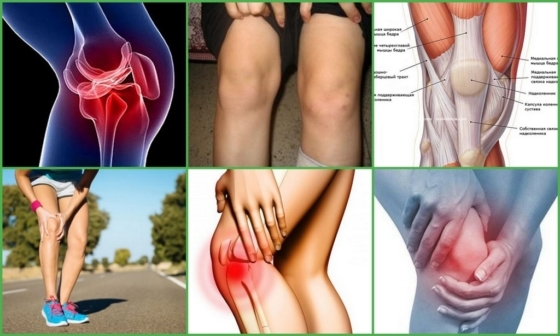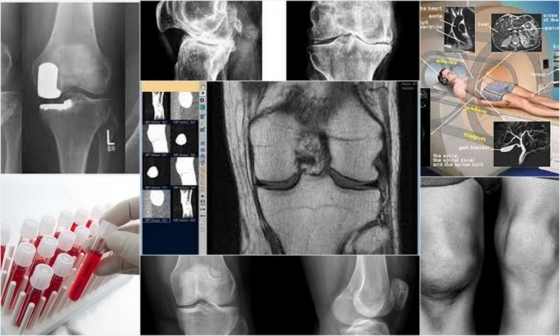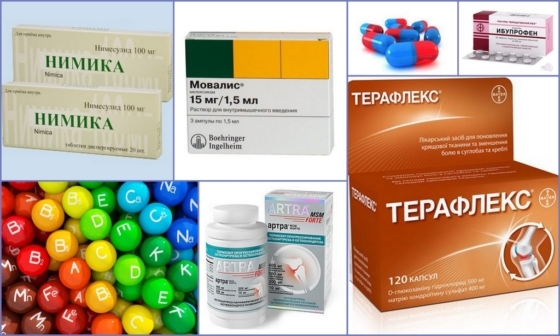Diseases transmitted through saliva, or than dangerous kisses

A lot of diseases can be transmitted through saliva.First of all, this concerns relatively non-dangerous influenza and acute respiratory viral infections, but such a transmission route can cause infection and much more dangerous diseases.
The same meningococcus, in case the bacterial carrier is ill not with meningitis but with meningococcal nasopharyngitis, can be transmitted with saliva, and cause brain damage or meningococcemia and infected.
Misconceptions about the possibility of infection with sexually transmitted diseases through saliva( for example, with kisses) are quite common.However, in reality, venereal diseases, except in exceptionally rare cases, do not spread by this way.
Contents:
- Bacterial diseases transmitted through saliva
- Viral diseases transmitted with saliva
- Saliva as a transmission route of sexually transmitted diseases
Bacterial diseases that can be infected via saliva
Infections of bacterial etiology that can be transmittedWith saliva, quite a lot.
Among them, the following microbes can be distinguished:
- Staphylococci and streptococci( separately mention the beta-hemolytic group A streptococcus).
- Helicobacter pylori.
- Meningococcus.
And this is not a complete list.Especially dangerous is meningococcus.The bacterial carrier does not necessarily suffer from meningitis, often those who are not aware of this disease themselves, suffer meningococcal nasopharyngitis, and confusing it with a common cold, do not rush to be examined and treated.

It is believed that in addition to the fecal-oral route of transmission Helicobacter pylori can spread through saliva.The opinions of specialists about this bacterium are ambiguous.
On the one hand, the relationship between the bacterium and peptic ulcer of the stomach and duodenum has been proved; on the other hand, in a large number of people in the stomach, Helicobacter is defined, but no disease develops.
Staphylococci with streptococci may also spread with saliva.Thus, from one person to another, a microflora resistant to the effects of antibacterial drugs can enter.
In addition, beta-hemolytic group A streptococcus can also be spread in the same way, which can be a cause of autoimmune as well as immunocomplex diseases.
Viral diseases that can be transmitted with saliva
There are also many viruses among those that can be transmitted with this body fluid.

Quite often the following infectious agents are affected:
- Herpes, chicken pox.
- Infectious mononucleosis.
- Cytomegalovirus.
- Influenza and acute respiratory viral infections.
- The possibility of transmission in this way of the hepatitis B virus is also possible.
Herpes and varicella are easily transmitted with saliva.These diseases, although difficult to call dangerous, however, it is believed that the herpes virus increases the likelihood of developing Alzheimer's disease, while chickenpox and the usual herpetic rash on the lips in an unfavorable combination of circumstances may well result in severe brain damage.
Infectious mononucleosis caused by the Ebshain-Barr virus,( also called kissing disease), as well as cytomegalovirus infection are caused by representatives of the group of herpes viruses( the fourth and fifth type, respectively).Cytomegalovirus is dangerous primarily for pregnant women, children, as well as patients with immunodeficiency.
Influenza and acute respiratory viral infections are also capable of being transmitted with saliva.Virtually all diseases transmitted by airborne droplets are also well transmitted and with saliva.
Although the main ways of transmission of the hepatitis B virus are parenteral and sexual, however, do not rule out, given the rather high contagious nature of the virus and the possibility of its transmission along with saliva.This probability increases many times in cases when both an infected and a healthy person have diseases of the oral cavity, accompanied by damage to the mucous membrane and bleeding.
Possibility of infection with sexually transmitted diseases via saliva
Venereal diseases are not transmitted through saliva.Infection is possible for almost any type of sex, including oral.As an exception, syphilis can be mentioned, but such infection is unlikely.First of all, because such a transmission path requires a very neglected disease, which at the present time is rare.

You can get sick in this way only if you have a solid chancre, or those that are characteristic of secondary syphilis of the rashes in the oral cavity.In general, the possibility of a common way of infection with most venereal infections is greatly exaggerated.
Prevention of infection with various infections transmitted with saliva is in the oral hygiene and maintenance of its health( timely treatment of diseases of teeth, gums and mucous membranes), reducing the risk of infection with some of the diseases can be worn, as well as timely replacement of the maskTurn it concerns the flu, acute respiratory viral infections and chicken pox).
A large number of diseases can be transmitted with saliva, from a relatively harmless acute respiratory viral infection, to a deadly meningococcal infection.
You can get many infections through saliva.However, contrary to the prevailing misconceptions, sexually transmitted diseases are not transmitted in this way( except for a few exceptional cases like running syphilis).

But in any case, if you see any symptoms of infectious, respiratory, viral or venereal diseases, you should definitely see the doctor, if necessary, take all the tests and undergo appropriate examinations.
Remember that timely detection of the disease and its correct treatment will accelerate the process of recovery and will prevent the transition of the ailment into a chronic one.
Diseases transmitted through saliva, the risk of infection with infectious mononucleosis - look at the video:



